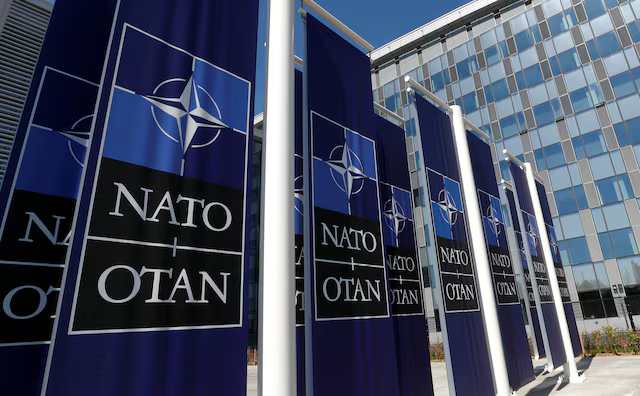Executive Summary:
A Russia-based cybercrime group known as Lynk has posted files stolen from Dodd Group, a contractor to the UK Ministry of Defence, including sensitive material related to eight RAF and Royal Navy bases and staff information. The incident underscores a widening trend in which state-aligned or Russia-based criminal actors target defense supply chains, raising risks for service personnel, military communities and allied security partners.
The breach and who is affected
Reports indicate that Dodd Group, a UK facilities and engineering contractor working on defense estate projects, was hacked by the Russia-based Lynk group, which then leaked hundreds of files tied to at least eight RAF and Royal Navy locations. Early indications suggest the cache includes project documents and personal data for staff linked to those sites. While investigations are ongoing, the practical concerns are immediate for people whose details may be exposed: the risk of fraud, phishing and harassment typically follows quickly after such leaks. For service personnel and civilian employees alike, even seemingly routine documents can reveal patterns—work rotas, contractor access points, or maintenance schedules—that, in the wrong hands, can be pieced together for intelligence value.
Why a contractor became the weak link
Modern militaries rely heavily on private companies to keep bases running—from electrical and mechanical work to IT services and logistics—creating many avenues for attackers to probe. In the UK, the Defence Infrastructure Organisation oversees a large estate with dozens of prime contractors and layers of subcontractors. That web is exactly where cybercriminals and hostile actors have been concentrating since the war in Ukraine reset the threat landscape. Recent years have seen a series of supply-chain incidents globally, from exploitation of widely used file-transfer tools to targeted theft against small and mid-sized firms supporting larger defense programs. These companies often hold detailed site plans, maintenance records and personnel files, yet may not have the same hardened cyber posture as a government ministry. Attacking the periphery has become an efficient way to collect material with strategic or extortion value without confronting classified networks head-on for people and communities
For those whose data may be in the Dodd Group files, the most immediate risks are identity theft and tailored social engineering. Past breaches in the UK have been followed by waves of convincing scam emails and calls that mimic official contacts, seeking to harvest bank details or login credentials. Service families can also face doxxing and harassment campaigns when personal information spills into criminal forums or propagandist channels, a pattern seen in previous Russia-aligned leaks targeting NATO countries. Around the affected bases, security teams may temporarily tighten access procedures, alter contractor schedules and review on-site protocols if any technical drawings or procedural documents were exposed. None of this necessarily signals a direct physical threat, but it does create friction in daily life—longer gate queues, more identity checks, and a heavier burden on already stretched base security and welfare teams.
A broader pattern of cyber pressure on allies
The Lynk leak sits within a wider pattern of Russia-based or Russia-aligned actors mixing criminal profit motives with geopolitical narratives. Since 2022, UK and allied cyber agencies have warned that groups operating from or tolerated by Russia are increasingly targeting government suppliers, critical infrastructure and defense-adjacent firms. Sometimes the goal is ransom; other times it is to embarrass, intimidate or harvest material useful for influence operations. Even when no classified systems are touched, steady exposure of peripheral data can, over time, build a mosaic that helps adversaries understand how bases function and who works where. It also forces governments to divert resources into mitigation and resilience, a strategic aim in its own right
In the coming days, expect officials to clarify the scope of the leak and whether the files reveal operationally sensitive material or primarily administrative content. The contractor will be under pressure to notify affected individuals, offer support such as credit monitoring, and explain how the breach occurred. For the UK defense community, the larger issue is accelerating long-discussed reforms to supply-chain cybersecurity—raising baseline standards for smaller vendors, tightening data minimization so contractors hold less sensitive information, and improving rapid notification and containment when something does go wrong. Internationally, allies will read this as another reminder that the soft edges of their defense ecosystems are now permanent targets. The practical takeaway for ordinary people connected to those ecosystems—service members, families and local civilian staff—is to stay alert for targeted phishing and to rely on official channels for updates, as investigations sort signal from noise in the inevitable online swirl that follows a leak like this.














Discussion